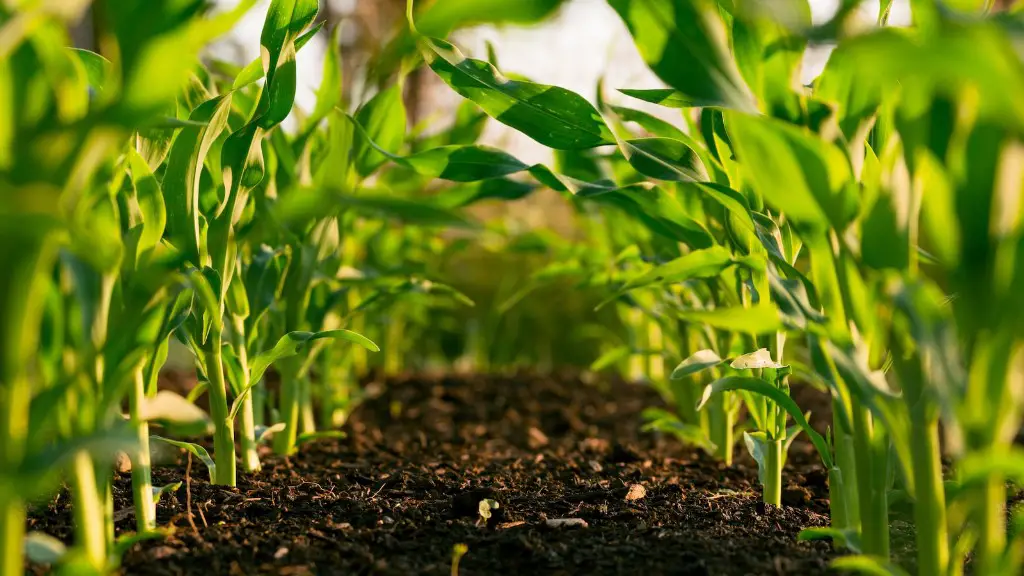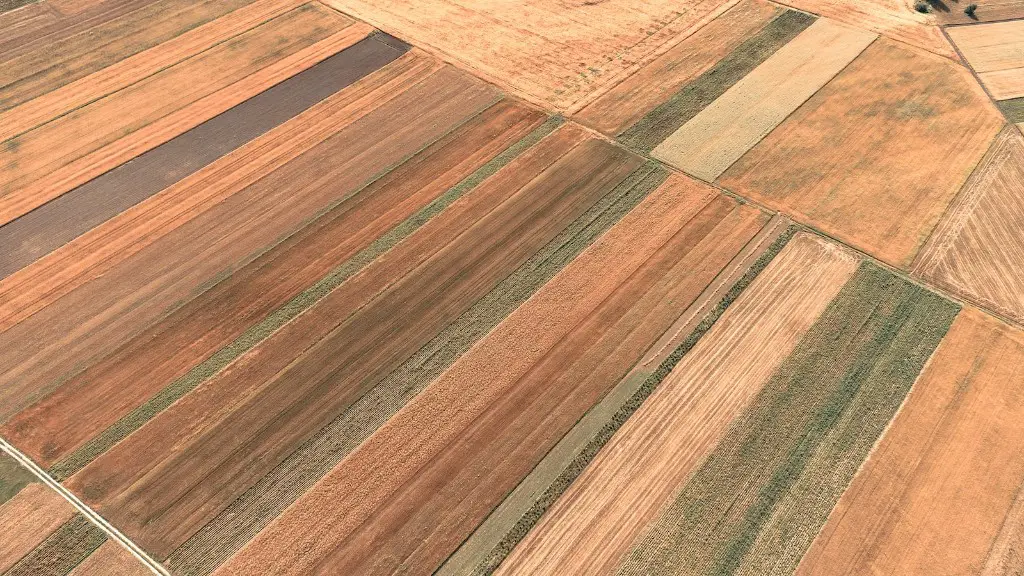Sustainable agricultural practices, or sustainable agriculture as it is more commonly referred to, is an approach to farming or food production that seeks to produce goods in an environmentally friendly and economically viable way. It involves a holistic approach to managing resources and achieving an optimal balance between environmental, economic, and social goals. Sustainable agricultural practices can range from traditional farming methods to comprehensive land-management projects; from soil conservation to pest management. In order to ensure its sustainability, it often involves integrating a variety of production methods and aims for high-yield, long-term crop productivity.
Sustainable agriculture is an increasingly important concept in modern farming. Although it has existed for centuries, its relevance to current agricultural practices is growing in response to global climate change and the depletion of soil fertility through erosion and overuse. Its proponents often advocate for returning to traditional farming methods that incorporate crop rotation, cover crops, and natural fertilizers, while giving careful consideration to the well-being of the land and local wildlife.
Adopting sustainable agricultural practices requires a holistic approach to the resource management and production techniques used in crop production. This generally involves developing crop varieties that are environment-friendly and well-suited to existing soil types and climate conditions. A large part of this is also about managing and conserving soil fertility and maximizing water conservation, as well as taking into account how different crops and management systems interact with each other and with the environment.
Sustainable agricultural practices are beneficial for a variety of reasons. For starters, they help preserve the environment by reducing agrochemical inputs and conserving soil fertility; they reduce water-usage, which can lead to more efficient irrigation systems and improved water-quality; and they promote crop diversity, resulting in greater resistance to pests and diseases. Additionally, adopting sustainable agricultural practices can improve soil fertility, reduce air pollution, and improve energy efficiency, all of which can lead to improved yields.
In addition to environmental benefits, sustainable agriculture has many economic benefits. Because sustainable practices often involve reducing input costs and improving yields, they can provide increased profits for farmers. Sustainable agricultural practices can also help farmers build resilience to environmental shocks, such as drought or flooding, and make them better able to withstand market shocks, such as price changes.
Lastly, sustainable agricultural practices can provide social benefits, such as improved health, because they reduce the use of pesticides and use more organic methods. Additionally, sustainable agricultural practices can provide employment opportunities in rural areas and improved nutrition control, which can have an overall positive impact on local communities.
Environmental Benefits
The environmental benefits of sustainable agricultural practices are numerous. One of the most obvious benefits of sustainable agricultural practices is that they help to reduce water consumption and reduce soil erosion by conserving water, consequently improving water-quality. Sustainable agricultural practices also help preserve biodiversity, reduce air pollution and lead to improved soil fertility.
In addition, sustainable agricultural practices can help to reduce the amount of agrochemical pollutants. For example, organic farming relies on natural sources of nutrients, such as compost or natural composted material, in place of synthetic fertilizers or chemicals. This leads to an improved quality of soil, as synthetic materials can easily leach into surrounding water supplies, causing harmful health effects. Additionally, sustainable agricultural practices can help to reduce the amount of energy used for agricultural operations, resulting in an overall reduction of energy consumption.
Finally, sustainable agricultural practices provide significant environmental benefits by helping to conserve land and protect natural habitats. By reducing the amount of land that needs to be plowed and farmed, sustainable practices can lead to the preservation of native grasslands, wetlands, and forests, while also protecting watersheds and reducing the potential for soil erosion.
Economic Benefits
Sustainable agricultural practices can be beneficial financially, as well, because they often lead to increased yields and improved resource efficiency. Sustainable agricultural practices can help to reduce farmers’ input costs, since organic farming can require less fertilizers, chemicals, and irrigation. Additionally, since organic farming does not rely on synthetic fertilizers, it offers no additional costs associated with purchasing such materials.
In addition, sustainable agricultural practices can help to maximize crop yields by using more efficient water resource management techniques, such as cover crops and crop rotation. This not only leads to higher yields but also helps to reduce the amount of fertilizer and water needed to achieve these yields. As a result, farmers can save money by avoiding costly investments in additional inputs.
Finally, sustainable agricultural practices can lead to increased market opportunities. For example, products grown using organic methods may be able to command higher prices and have more consumer appeal. Additionally, sustainable practices can lead to improved soil fertility and higher yields, which can lead to better crop production and thus, more profits for farmers.
Social Benefits
Sustainable agricultural practices can provide significant social benefits as well. One of the most obvious benefits is that it can lead to improved health, since it reduces the amount of agrochemicals and pesticides released into the environment. Additionally, sustainable agricultural practices can help to provide employment opportunities in rural areas by creating employment opportunities for both farm workers and rural employees.
Sustainable agricultural practices can also lead to improved nutrition. Sustainable agricultural practices often involve crop rotation and cover crop systems that can provide greater protection against nutrient-deficiencies. Additionally, organic farming tends to produce crops with greater nutritional value than those grown using conventional methods.
Finally, sustainable agricultural practices can also lead to improved food security. Sustainable agricultural practices help preserve the integrity of the land and its resources, allowing growers to produce higher-yielding and more nutritious crops. This can help to ensure a reliable supply of food, while also reducing the potential for famine in areas with soil degradation or severe drought.
Conclusion
Overall, sustainable agricultural practices are beneficial for a variety of reasons. By reducing environmental impacts and conserving natural resources, improving soil fertility and crop yields, and providing economic and social benefits, sustainable agricultural practices can help to ensure the long-term viability of our food supply.



